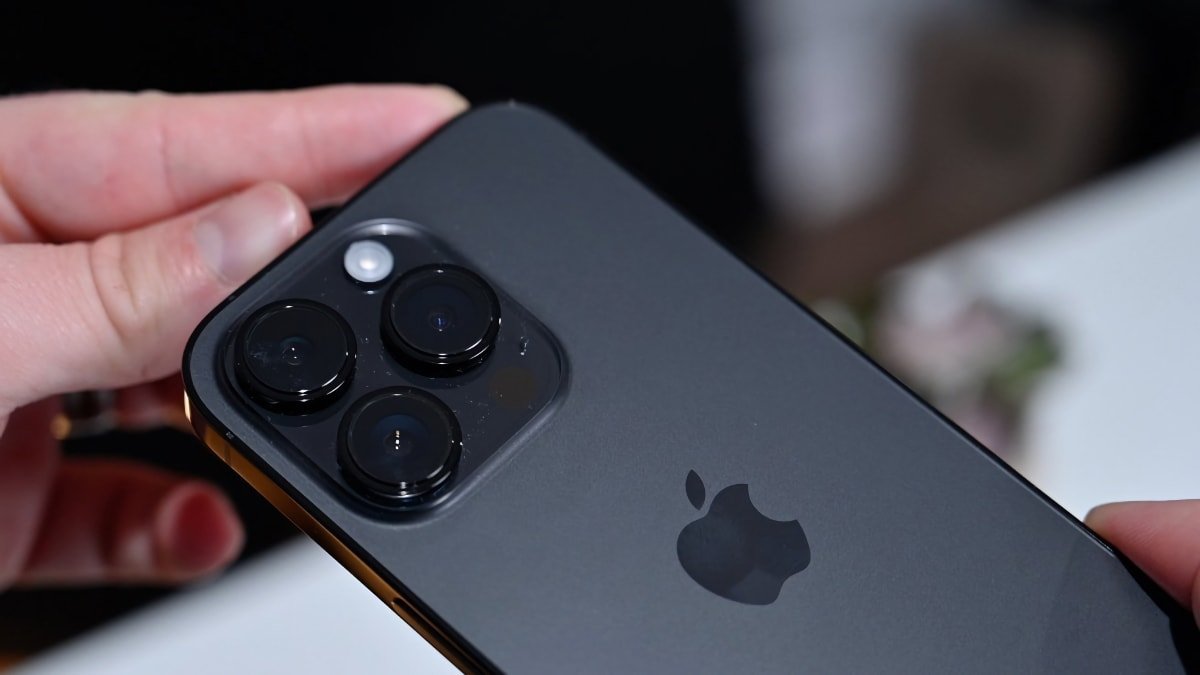How people buy iPhones and Android phones has significantly changed, with iPhone owners opting for installment plans more than their counterparts.
Gone are the days when purchasing a new iPhone meant shelling out $200 upfront and committing to a two-year contract with a carrier. Back then, the carrier would subsidize the remaining cost of the phone, leaving buyers with limited options unless they lost or broke their phone and faced the sticker shock of the total, unsubsidized price.
The landscape has shifted dramatically, with carriers offering no-interest installment plans. That flexibility allows buyers to either pay the total price of the phone upfront or spread the cost over a series of equal payments.
As it turns out, there are some differences between iPhone and Android buyers in the purchasing method, according to new data from Consumer Intelligence Research Partners (CIRP).
According to a recent survey, 55% of iPhone buyers opt for monthly installment plans, compared to 44% of Android buyers. Conversely, 38% of iPhone buyers pay for their phones upfront, while 49% of Android buyers do the same.
The divergence in payment methods suggests that the combination of higher iPhone prices and higher trade-in values likely drives more iPhone buyers toward installment purchases. It may also explain why iPhone users keep their phones longer than Android users.
Carriers have leveraged elevated trade-in values to lock in customers subtly. By offering attractive trade-in promotions, they encourage buyers to upgrade their phones and, in the process, commit to new installment payment agreements.
Apple also offers installment plans in the form of the iPhone Upgrade Program. The company also has monthly installments for Apple Card owners — that is, if they buy an iPhone through a primary carrier.
The smartphone buying landscape has come a long way, offering consumers more flexibility and options. And, as CIRP believes, higher prices and higher trade-in values likely drive iPhone buyers to installment purchases and lead to slower upgrades.
 Andrew Orr
Andrew Orr







-m.jpg)






 Christine McKee
Christine McKee
 Malcolm Owen
Malcolm Owen

 Charles Martin
Charles Martin


 Mike Wuerthele
Mike Wuerthele


-m.jpg)






3 Comments
iPhone users know their phone has a statistically longer working lifespan (even if one, and I for one do not, only considers software and security updates), making an installment plan, especially an interest free one, much more attractive.
All to do with the upfront cost differences.